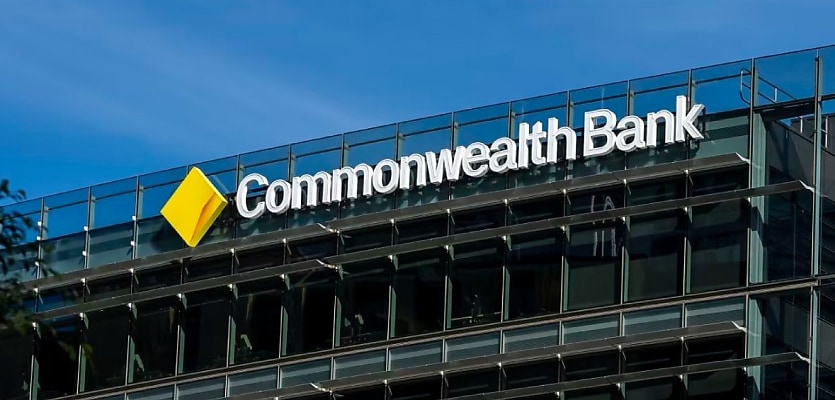The major bank has recorded another drop in its Home Buying Index throughout the month of November.
The Commonwealth Bank of Australia (CBA) Home Buying Index fell 4.6 per cent in November in seasonally adjusted terms, to 93.1 index points following a decline of 0.7 per cent in the previous month.
Annually, the Home Buying Index has fallen 9.9 per cent in November, from 8.1 per cent in October.
According to the major bank, the fall in the index in November is likely the result of the November rate hike by the Reserve Bank of Australia (RBA), which saw the official cash rate rise from 4.1 per cent to 4.35 per cent, following four consecutive months of rate holds.
However, CBA noted that the November rate hike will not impact the cost of mortgage repayments until early 2024.
Despite this, the major bank stated that home buying activity in the months ahead “should be supported by strong demand from Australia’s growing population, albeit constrained by a lower level of available supply”, which is expected to put upward pressure on dwelling prices in Australia.
Meanwhile, CBA’s Household Spending Insights (HSI) index for November 2023 rose by 1.8 per cent in seasonally adjusted terms to 142.8 index points, following a revised 0.6 per cent decline in October.
On an annual basis, this has accelerated the HSI index’s pace of growth to 4.1 per cent from a revised 2.4 per cent in October.
The major bank noted that the latest National Accounts data has indicated the pace of economic growth in the country is “clearly moderating” and household budgets are increasingly being put under pressure from a drop in real household disposable income.
RBA evaluates Australia’s mortgage health
Indeed, the RBA recently evaluated the state of Australia’s mortgage health, revealing increasing pressure on households with mortgages, despite the country’s mortgage health being deemed “resilient” by the central bank.
During a conference in Sydney, Andrea Brischetto, the head of financial stability at RBA, acknowledged that many households were facing substantial financial pressures due to high inflation and rising interest rates.
“The majority of mortgagors – except those still on low fixed rates – have seen their minimum scheduled payments increase between 30 and 50 per cent since the first increase in the cash rate in May 2022,” Ms Brischetto said.
“These borrowers are more likely to have experienced a sharper increase in budget pressures than the overall population.”
The RBA estimated that approximately 95 per cent of variable-rate owner-occupier borrowers still have spare income after meeting their mortgage payments and essential expenses.







You are not authorised to post comments.
Comments will undergo moderation before they get published.